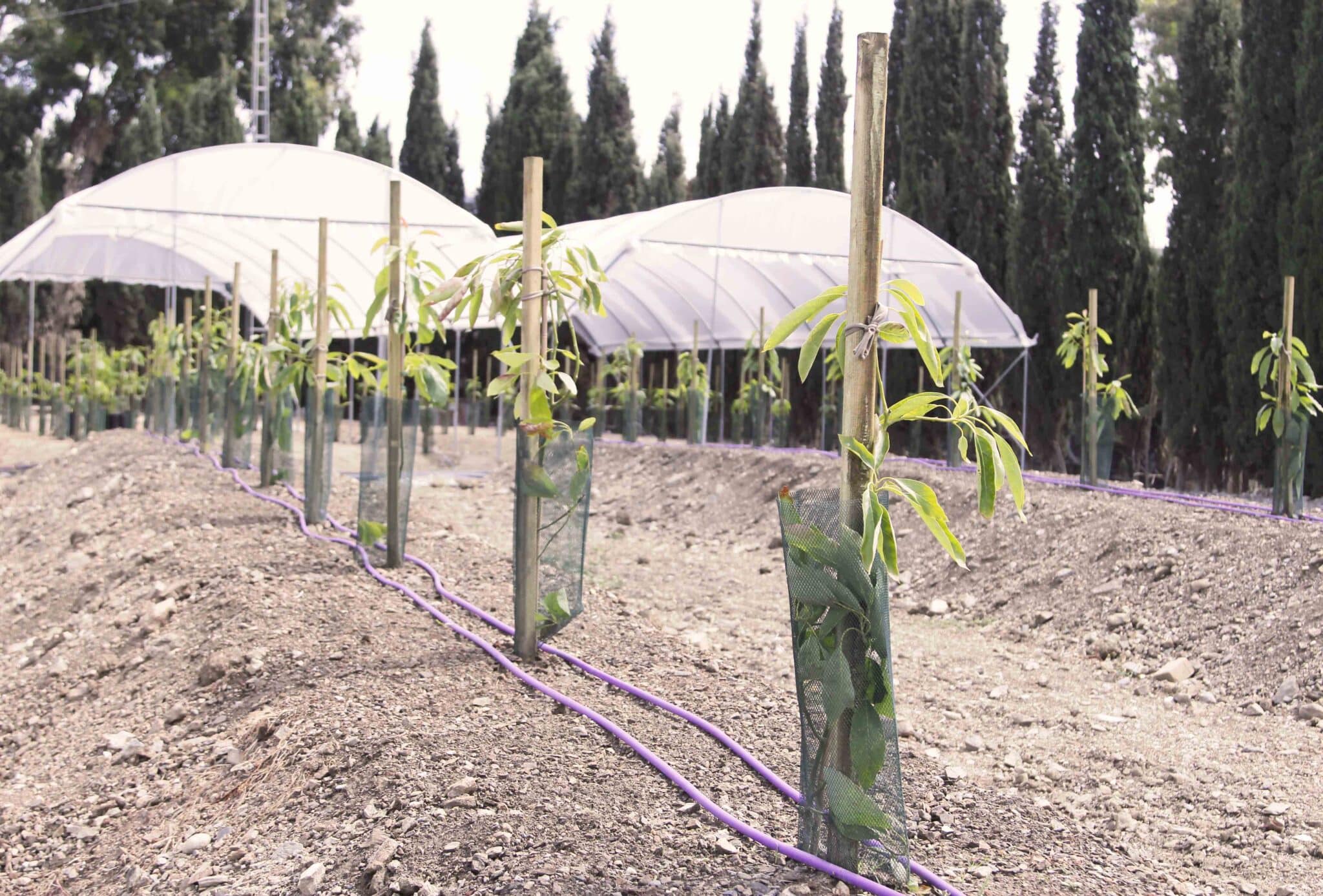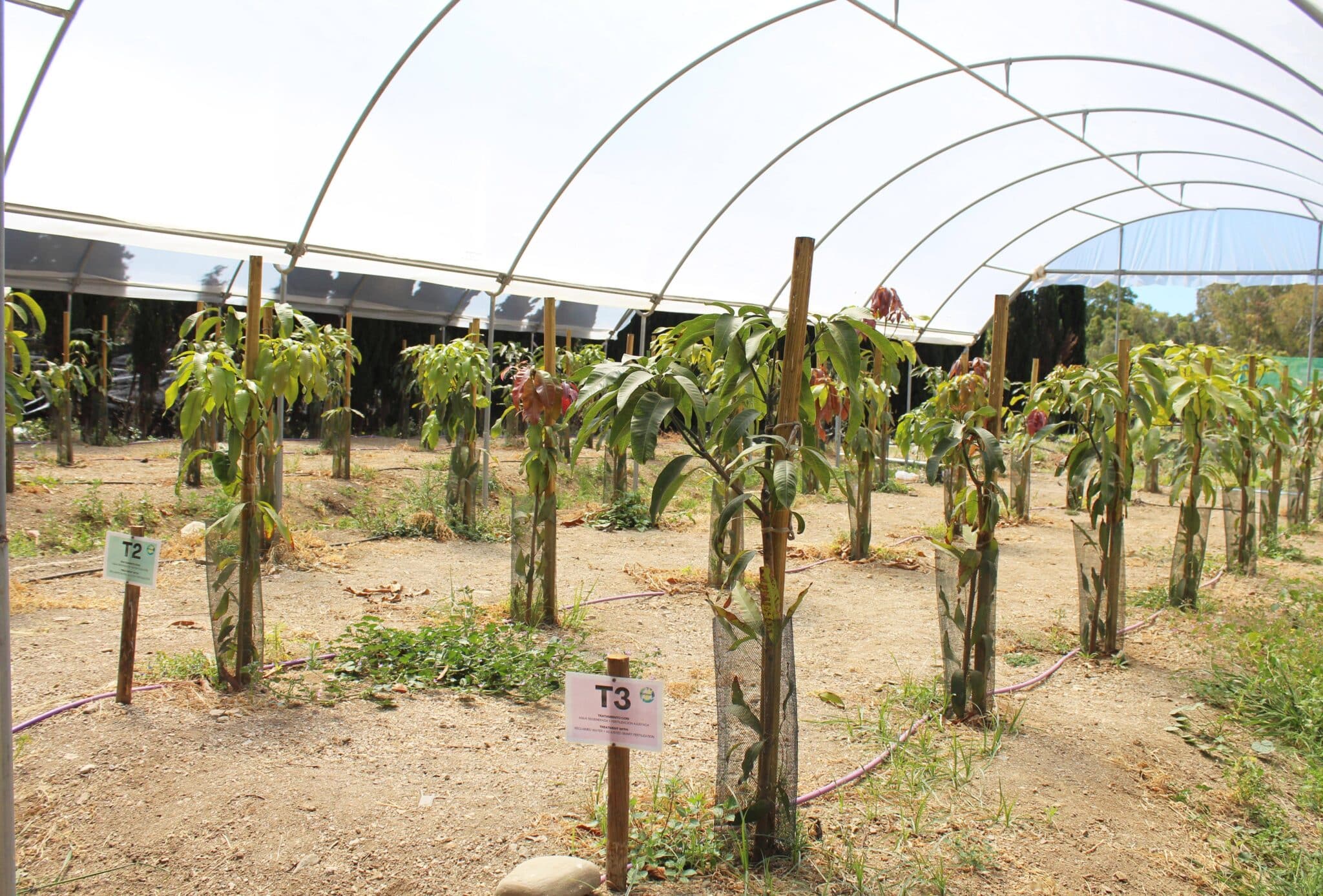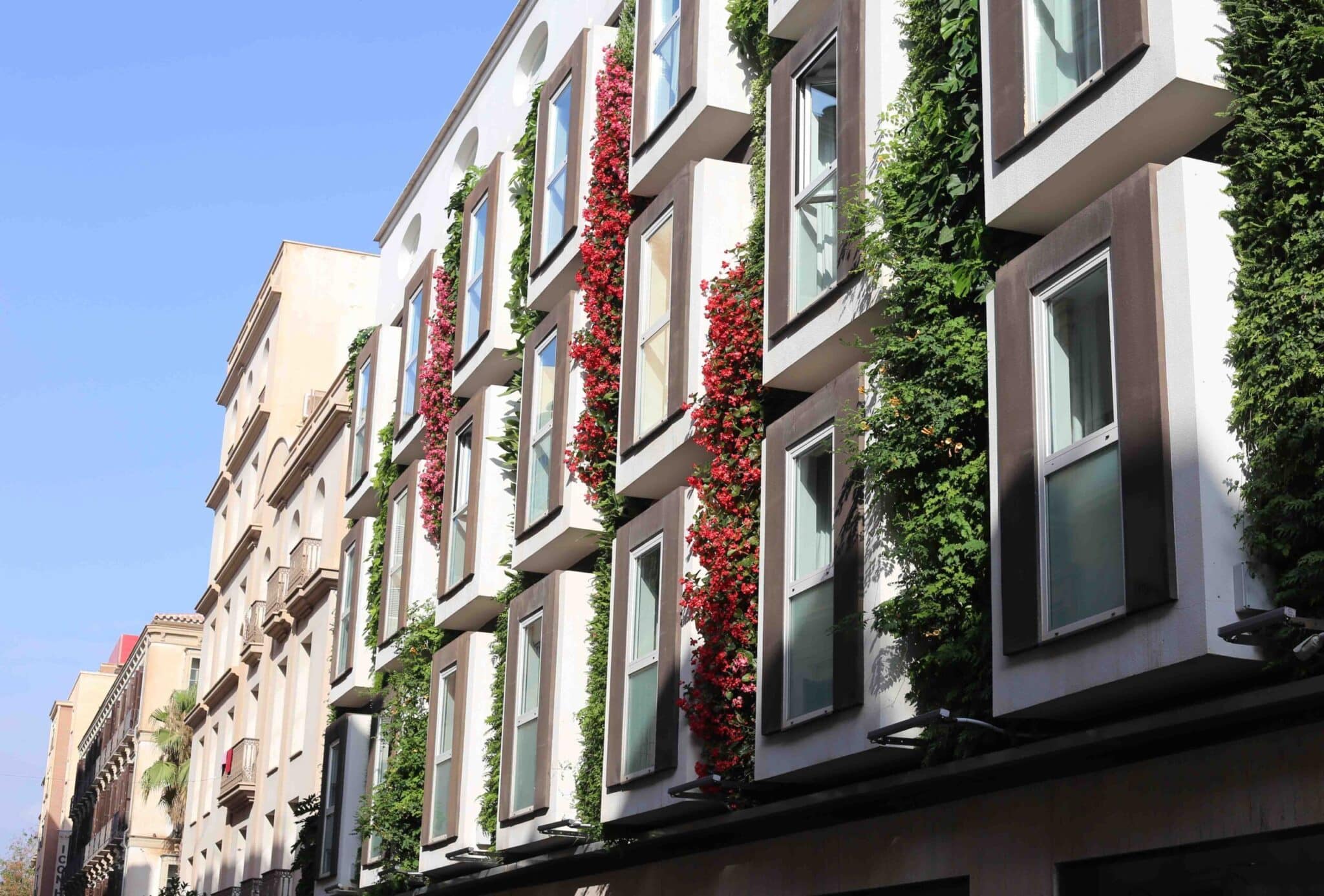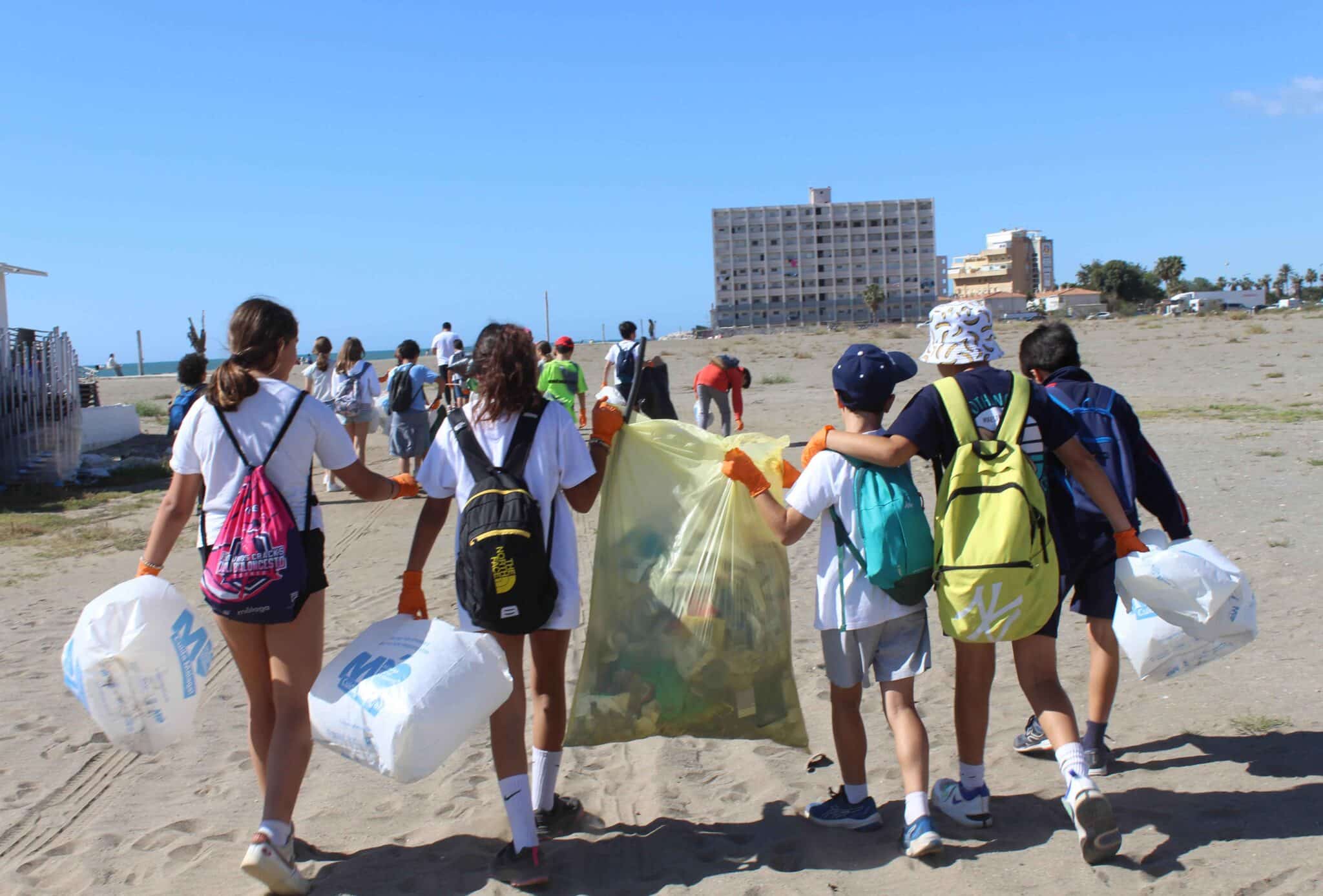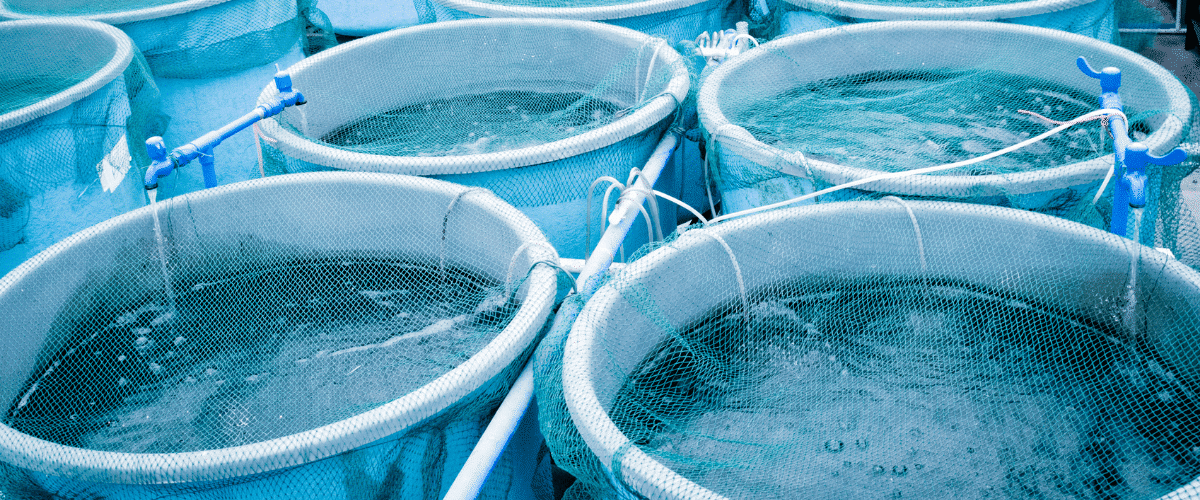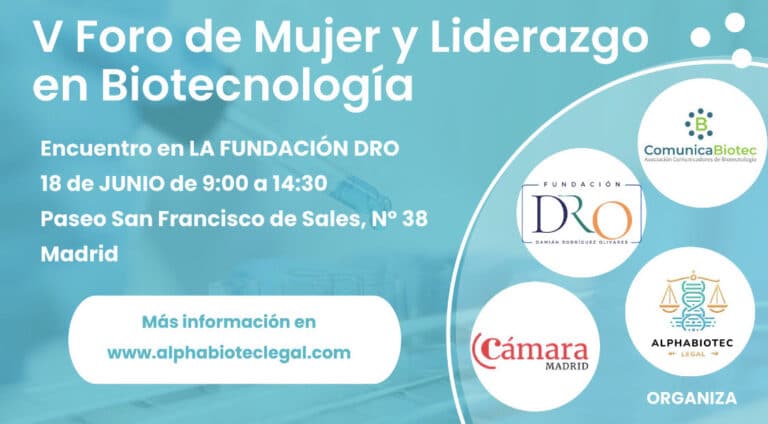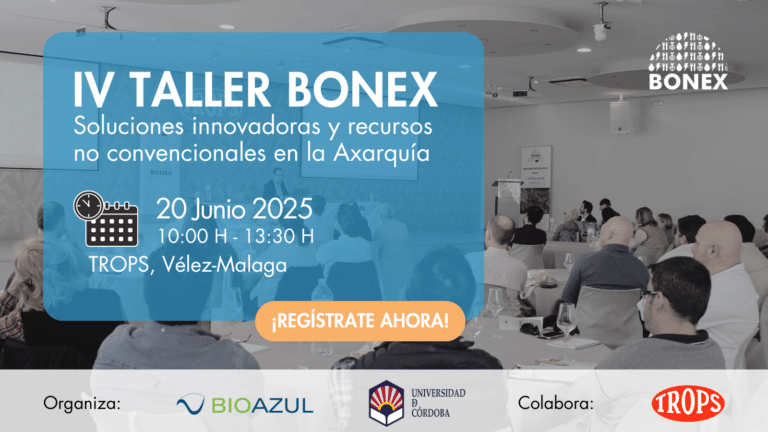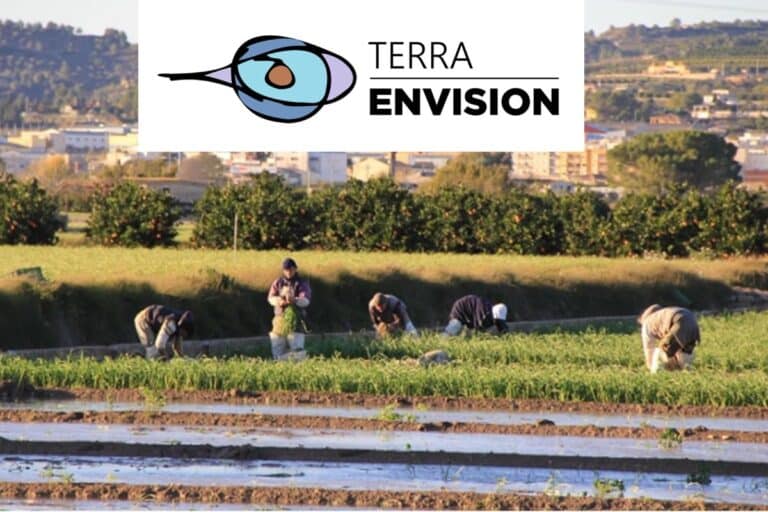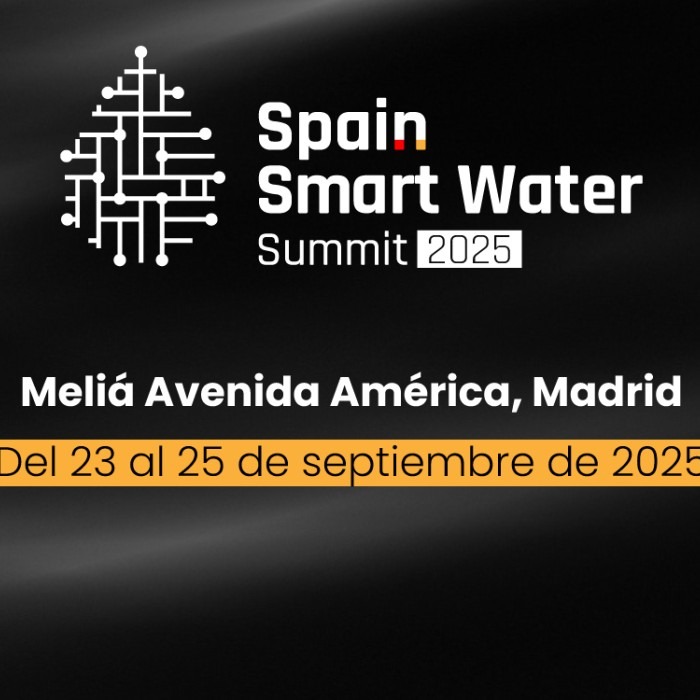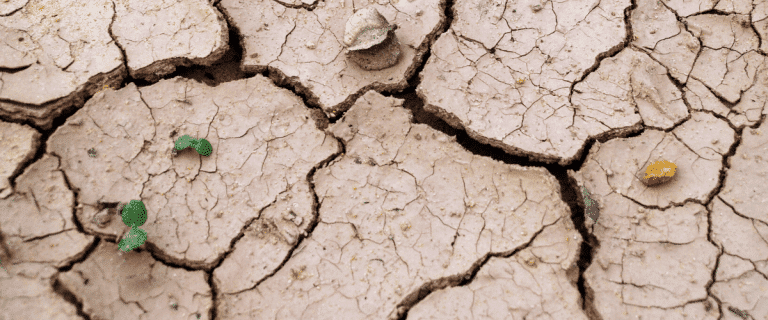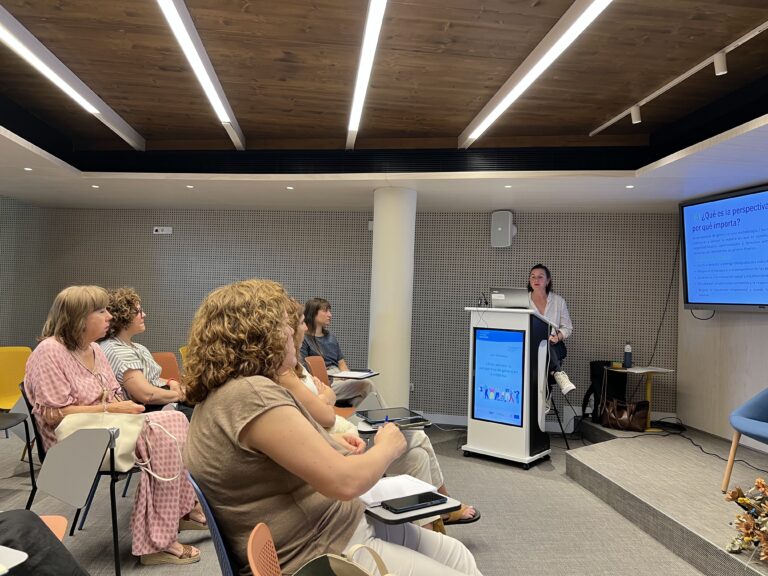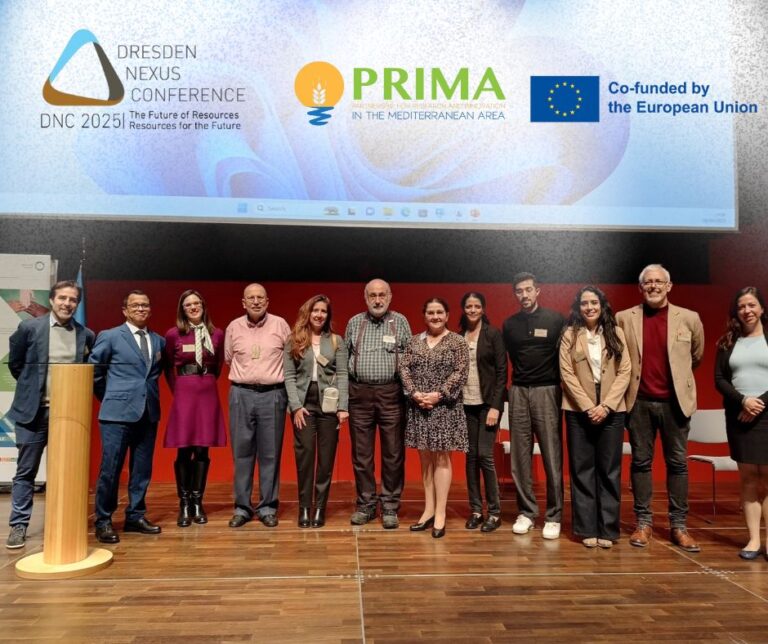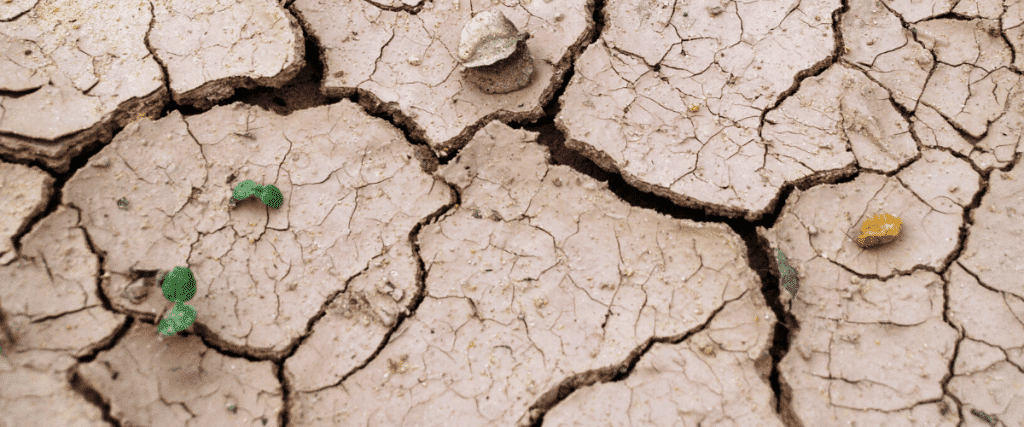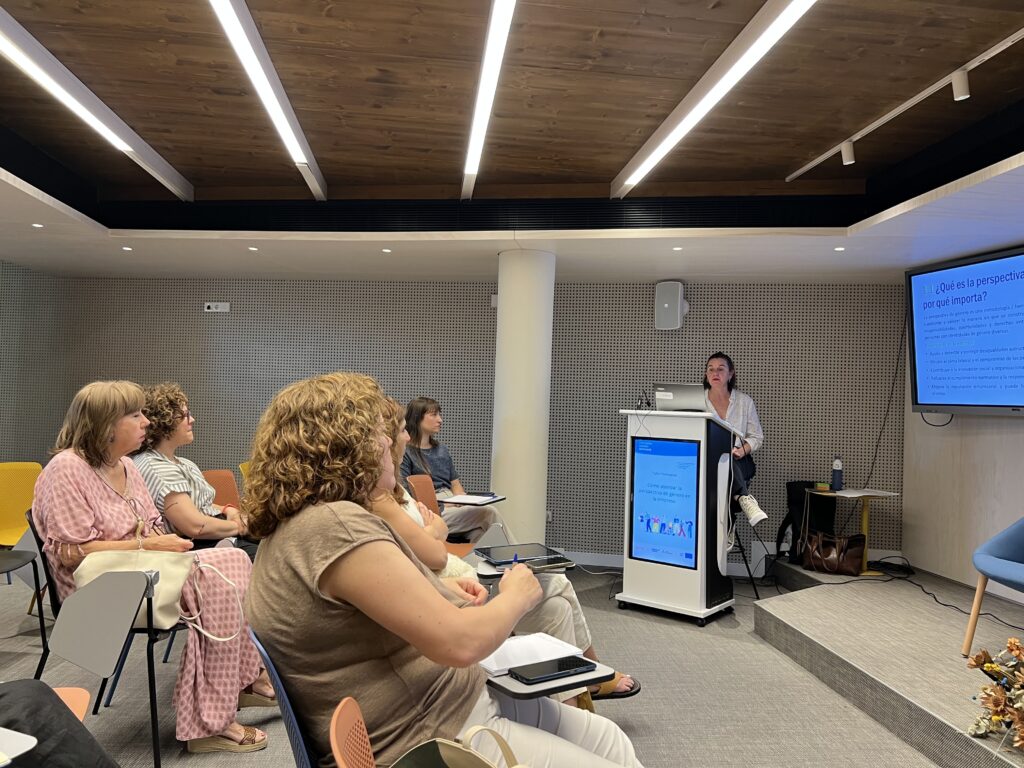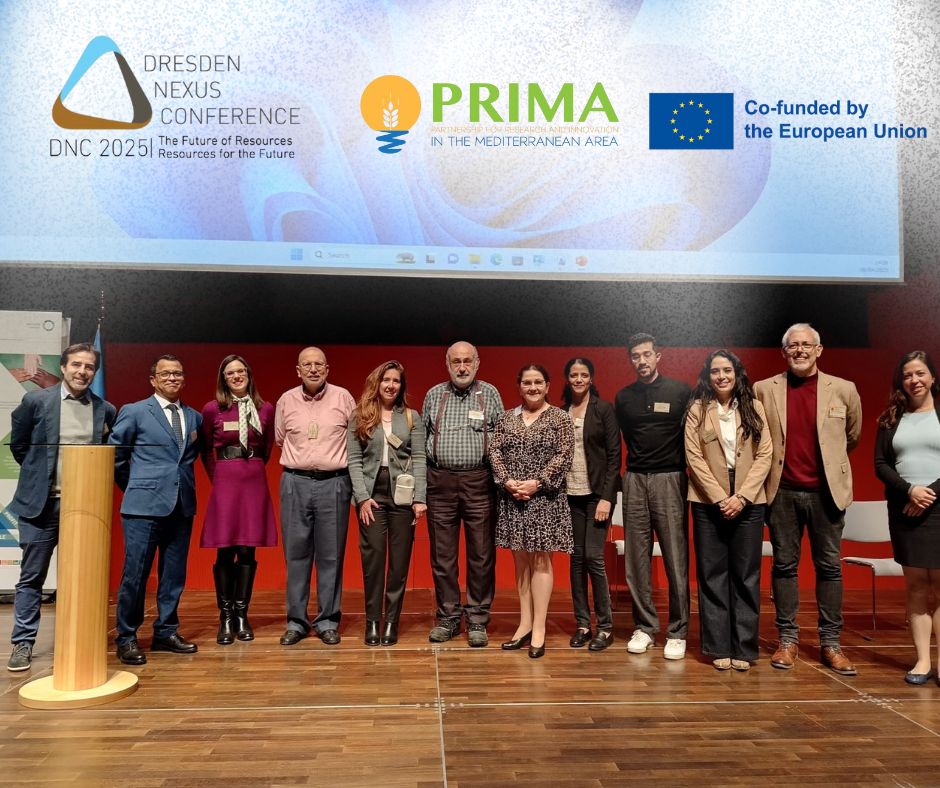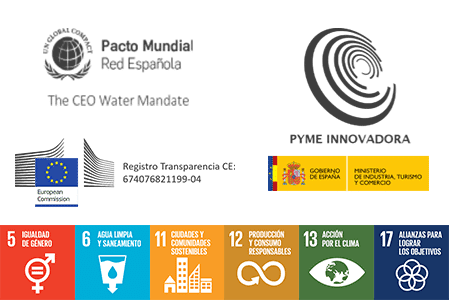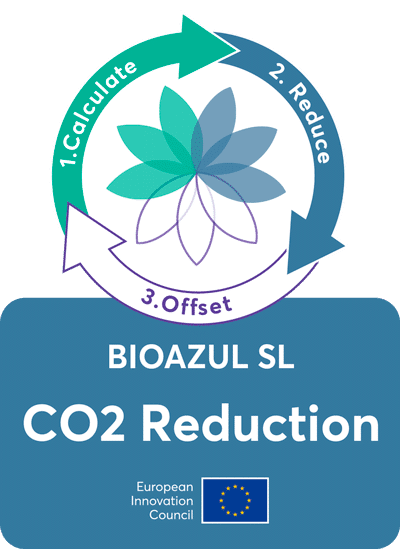Desertification, drought, and climate change: why we need to think differently (and how we’re doing it in the BONEX project)
Climate change is no longer a threat of the future — it’s reshaping our present. We see it in steadily rising temperatures, irregular rainfall, and the harsh alternation of droughts and floods. But it also manifests — more quietly — in soil degradation, declining agricultural productivity, and ecosystems silently collapsing.
In this context, agriculture finds itself at a crossroads. The lack of rain directly affects water availability for irrigation, while high temperatures increase crop evapotranspiration, demanding even more water for survival. At the same time, desertification — worsened by land abandonment, erosion, and overexploitation of aquifers — is degrading soils and putting our food security at serious risk.
For too long, we’ve tackled complex challenges as if they were simple. Water, energy, food, and nature have often been managed in isolation, with disconnected policies and decisions. The result? Solutions that fix one issue but fail to address the broader crisis — or even create new problems. What’s often overlooked is that ecosystems are crucial allies: they filter water, pollinate crops, regulate temperature, and boost territorial resilience to climate change.
What we need is a new mindset: an integrated approach that recognizes the deep interconnections between water, energy, food, and ecosystems. This is the essence of the WEFE Nexus (Water-Energy-Food-Ecosystems), a decision-making framework especially valuable in water-scarce regions.
Since 2022, the European project BONEX has been working in this direction. Seven pilot regions across the Mediterranean — including La Axarquía (Málaga) — have developed practical solutions to address drought through reclaimed water reuse, nature-based solutions (NbS), and agrivoltaics. But BONEX’s value goes beyond technical innovation: we’ve established a governance framework that evaluates each decision across the four WEFE dimensions — with active participation from all relevant stakeholders.
The Axarquía pilot has shown that sustainable water management is possible when integrated approaches are used, local voices are heard, and side effects are considered. For example, reclaimed water reuse has helped keep crops alive during critical moments without compromising public health or the environment — and with lower energy costs than alternatives like desalination.
On this World Day to Combat Desertification and Drought, the message is clear: desertification is not just an environmental issue — it’s a symptom of a dysfunctional relationship with the land. But it also represents an opportunity: to innovate, to combine technical knowledge with local wisdom, and to reconnect with the ecosystems that sustain us.
At BONEX, we’re committed to an approach that embraces interdependence, manages risks, and promotes integrated solutions. It’s the only way forward for a truly sustainable future.
